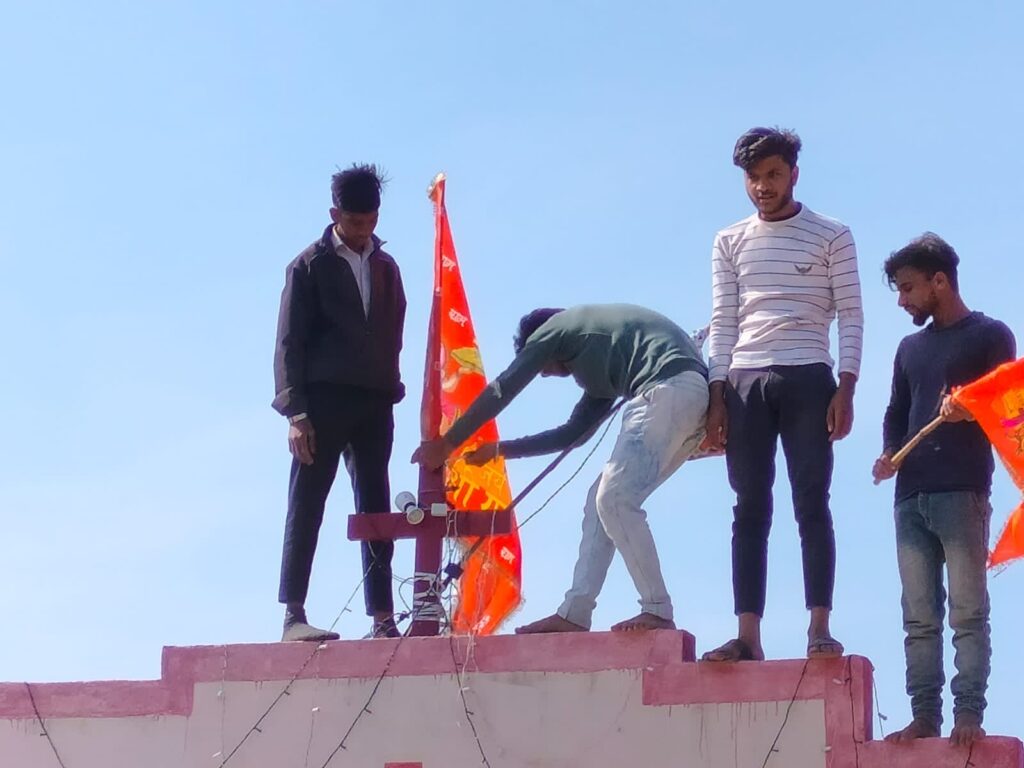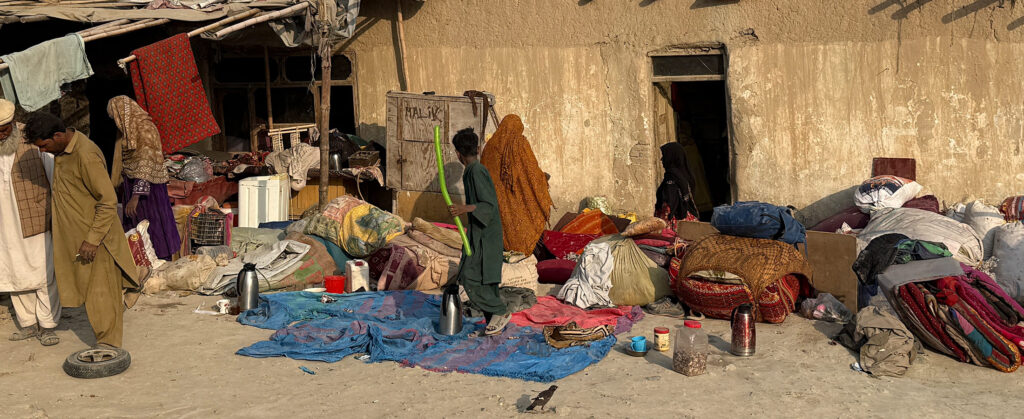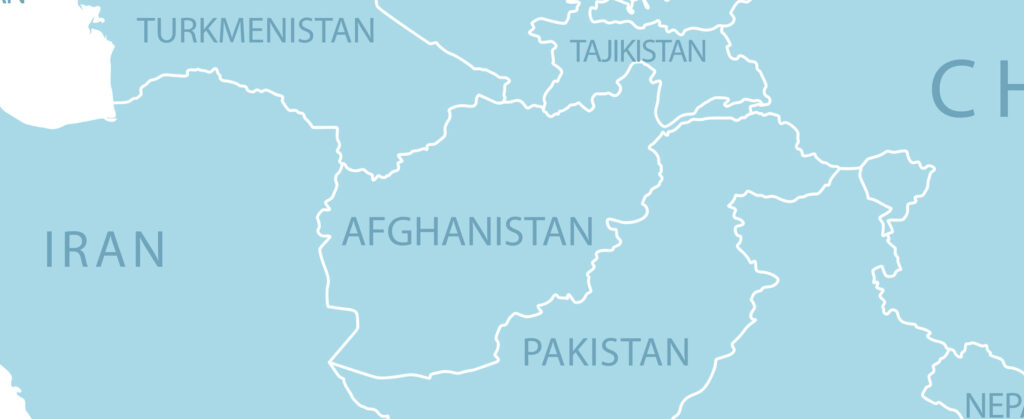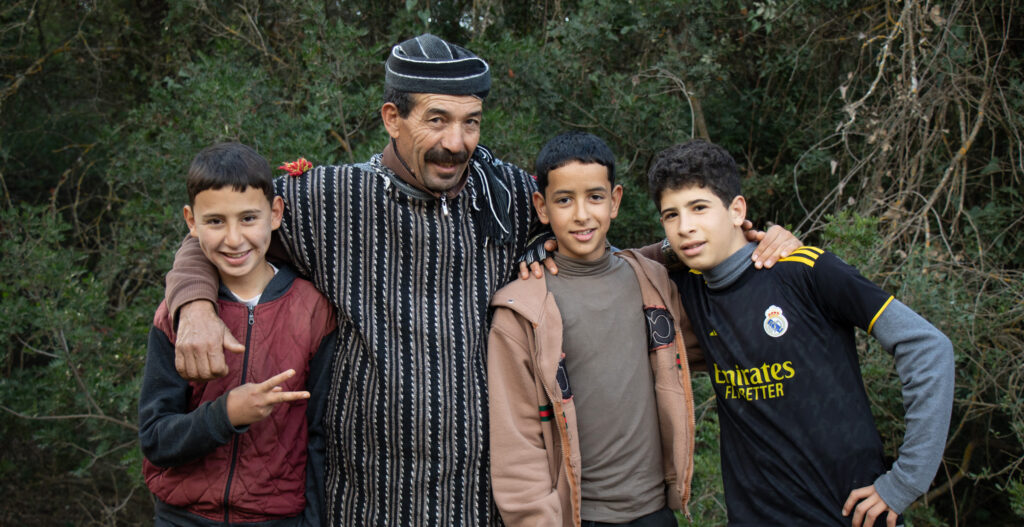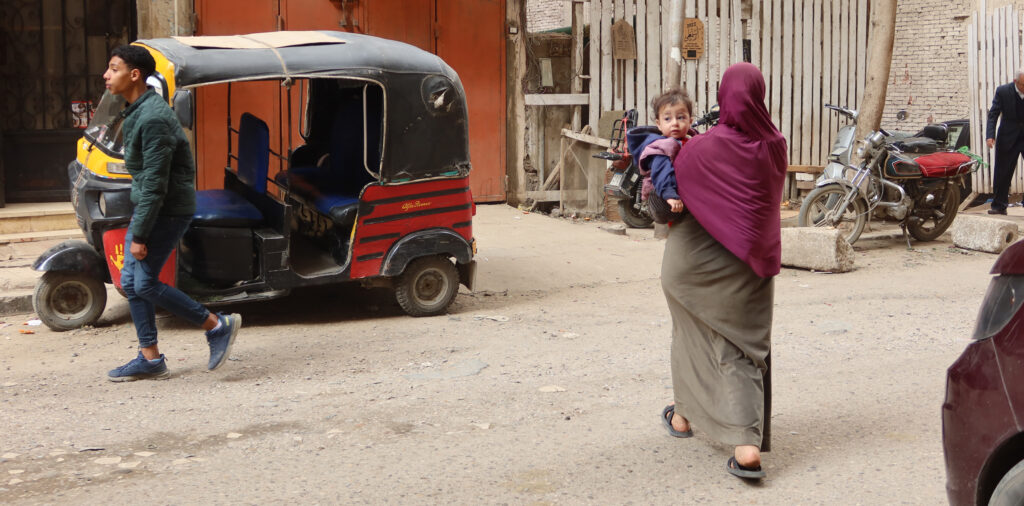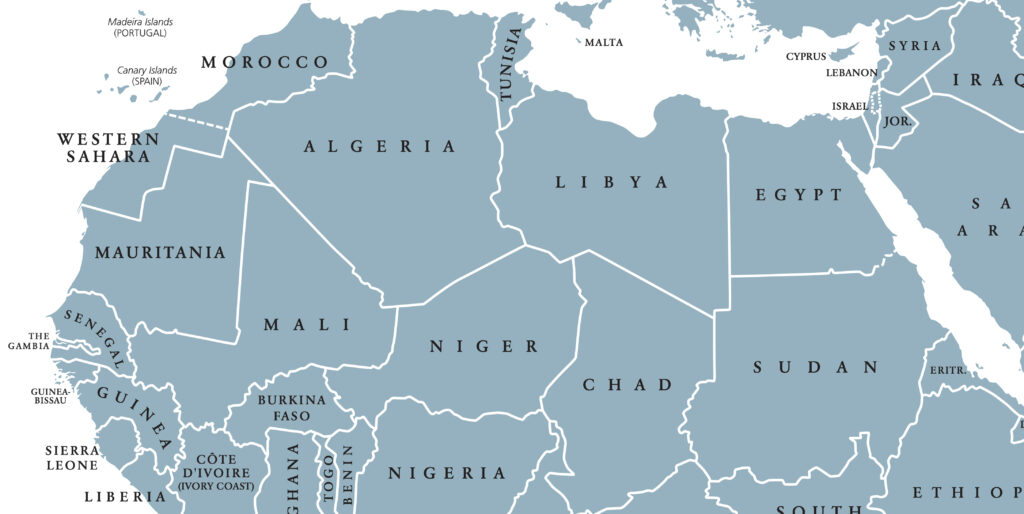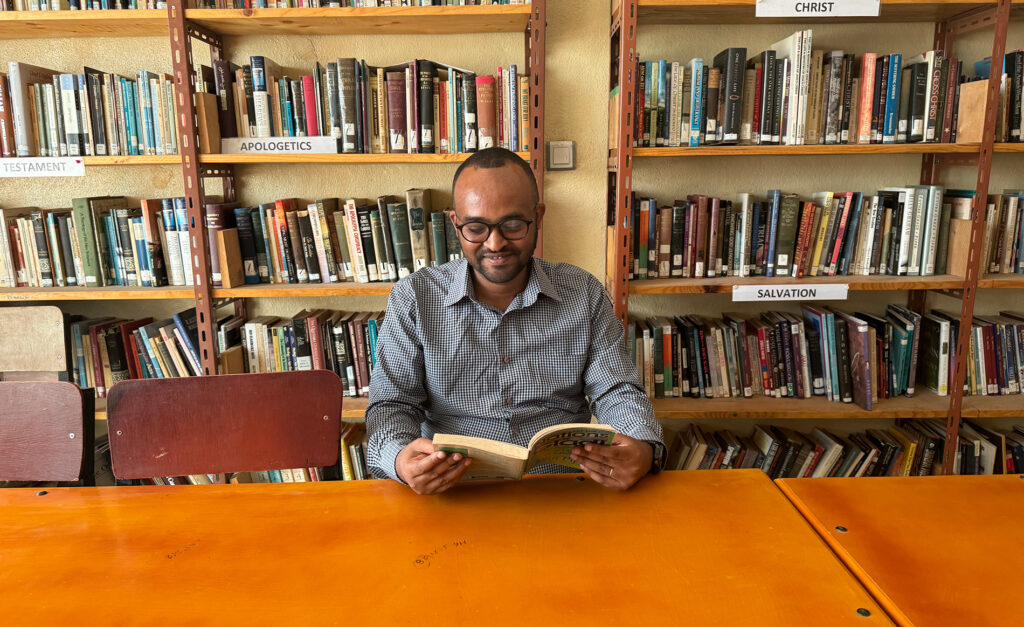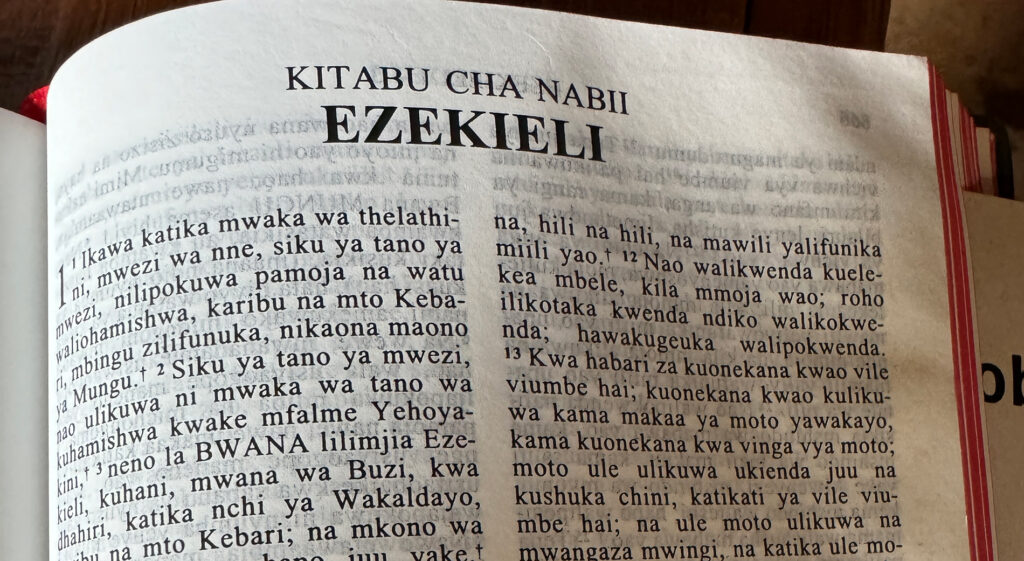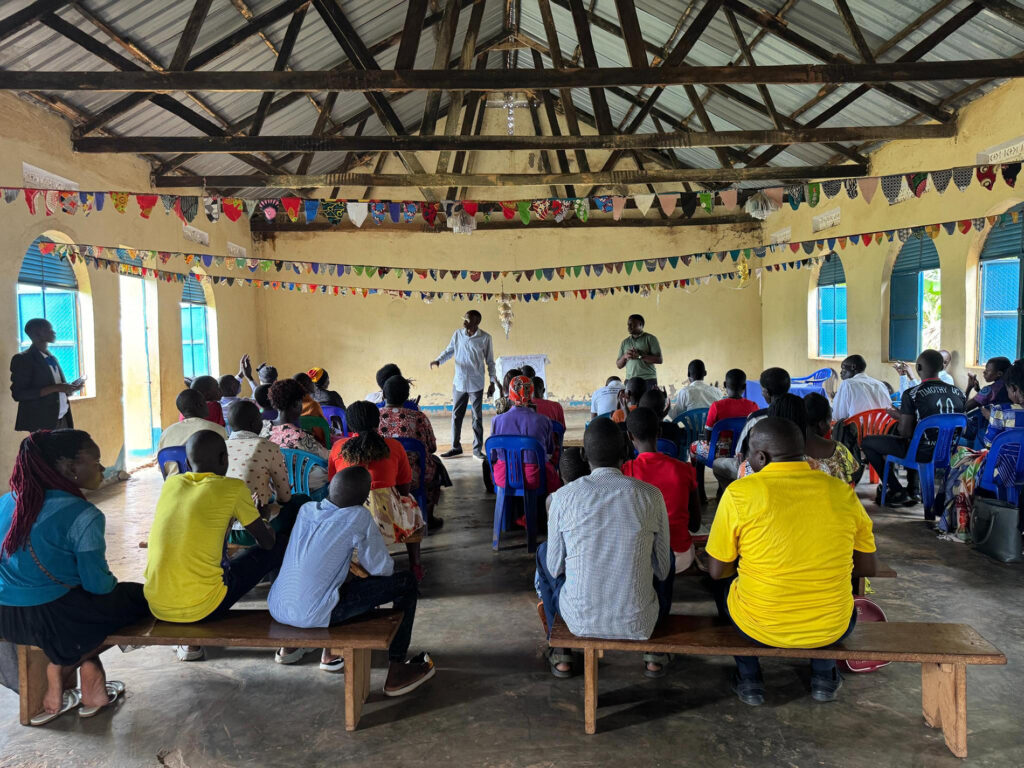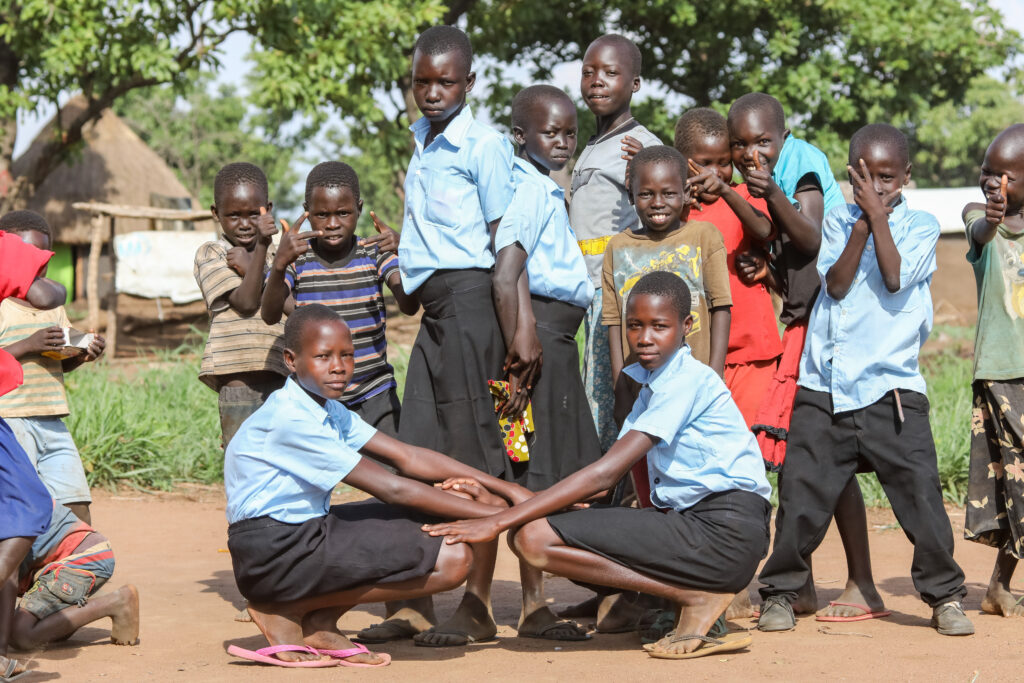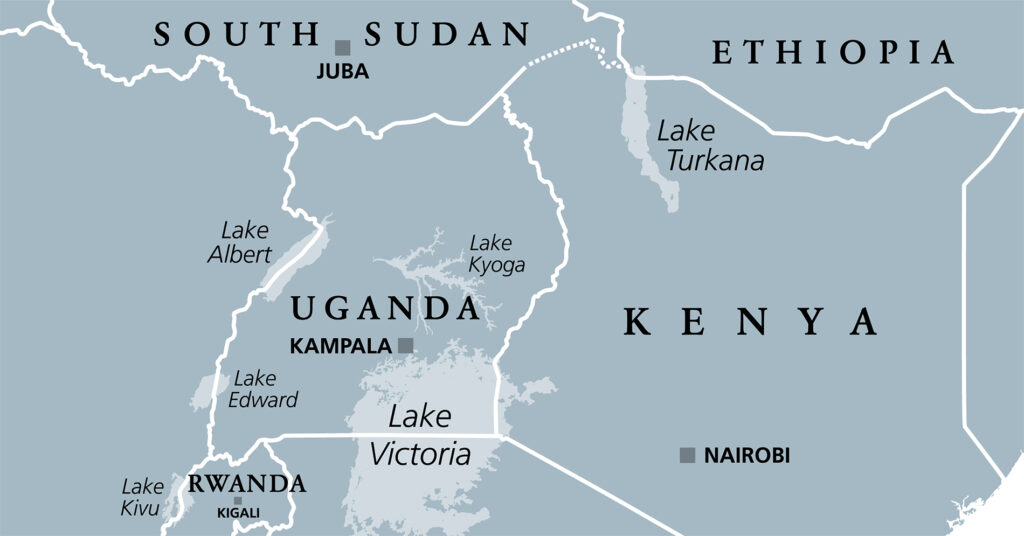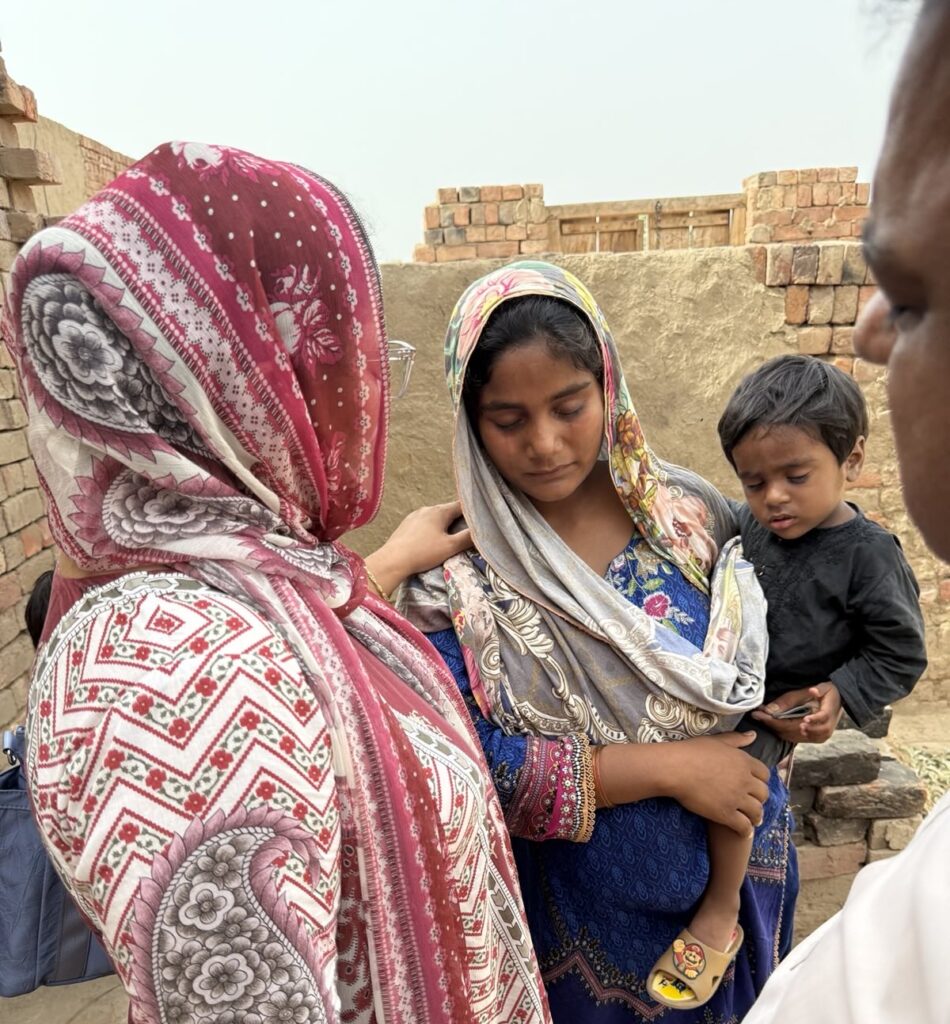“Carrying the Bible is like a death sentence,” believers in Chhattisgarh, India, told their pastor.
AFTER HINDU RADICALS FORCED CHRISTIANS to close their church, Christians gathered in each other’s homes for prayer and worship.
But the radicals figured out what they were doing after they spotted the Christians carrying Bibles. Now, when one of the Hindu radicals sees someone with a Bible, he calls the others. Then the Christians are followed, questioned, and often attacked. The radicals bring iron bars and sticks that they use to beat the Christians.
There are rarely any consequences for these attacks. The police and local governments are on the side of the Hindu radicals.
TODAY, MANY BELIEVE INDIA should be a pure Hindu state. They think India should be for Hindus, Muslims should be sent to Pakistan or Bangladesh, and Christians should be killed.
Many in President Narendra Modi’s party, the BJP, subscribe to this idea, and the BJP is strongly associated with the radical Hindu activist organization, the RSS (Rāstrīya Swayamsevak Sangh). An ICR field worker observed after his last visit to India that the BJP no longer hides its ties to the RSS; BJP politicians openly display the orange RSS flag bearing the image of the god Ram.
Earlier this year, Hindu nationalists induced the arrest of a pastor and nine other Christians who were holding a prayer meeting in the state of Uttar Pradesh. About 300 people were at the meeting. After the police rushed in and arrested the leaders, they confiscated 30 Bibles, according to the Times of India. The Indian news outlet also reported that 112 people were arrested in a 13-month period under the state’s 2021 Unlawful Conversion Law. (ICR provides legal support to Christians who are arrested under these so-called anti-conversion laws.)
Officially, India has freedom of religion and there are parts of the country where Christians worship freely. However, in the last 10-15 years, as this Hindu-only ideology has taken root with support from the federal government, persecution against Christians has increased significantly. According to an evangelical monitoring organization, the number of anti-Christian incidences in India jumped from 413 in 2022 to 601 in 2023. Uttar Pradesh and Chhattisgarh, both in northern India, have the highest incidences of persecution.
And it’s not just beatings or arrests. An ICR field worker met with a woman whose Christian husband was killed in front of her and then dismembered. The perpetrators were not held accountable.
But the ICR field worker said despite the extreme persecution, he is encouraged by Indian believers who choose to stay even after being persecuted. They tell him, “My calling is to this village. If I go, who will tell them about Jesus?” He also said sometimes persecutors come to Christ after witnessing how the people they persecute respond.
THE CHRISTIANS WHO TOLD THEIR PASTOR that carrying a Bible is a death sentence are scared. They don’t want to be attacked or killed. And because of the harassment and intense scrutiny, their pastor is rarely able to visit their village in person. But he calls them often to read the Word of God with them. They talk about what the Bible says about persecution and fear. “They are fearful, but they are stable in their faith,” the pastor said.
Rekha, who leads a church network in Chhattisgarh, told the ICR worker she expects things to be difficult for her as a Christian. She knows the way of the gospel is the narrow path.
Rekha and her husband started a church planting ministry together. He was a pastor, and he always took Rekha with him when they shared the gospel in the market or visited new believers so Rekha could learn how he worked.
When Rekha’s husband died, according to cultural norms, she continued his ministry. Their main church meets on Sunday mornings, while Sunday afternoons are dedicated to house church meetings in the villages. There, Christians meet in house churches because the persecution is more intense. A smaller group attracts less attention, though Rekha said they have learned they can’t have loud worship, or the neighbors will complain.
Rekha prepares the believers so that if they ever experience persecution, they won’t be surprised or have their faith destroyed. She wants them to continue training others and making disciples, even when it is hard. “If you are serving the Lord, and something happens, no problem!” she said.
Another ICR partner explained it like this: If Christians remain quiet and do not share the gospel, Hindu radicals and others opposed to the gospel would have no reason to attack Christians.
Instead, the partner said, “We ourselves are to blame for the persecution because we are active and pass on our faith to others. But we cannot remain silent about what we have discovered with Jesus.”
